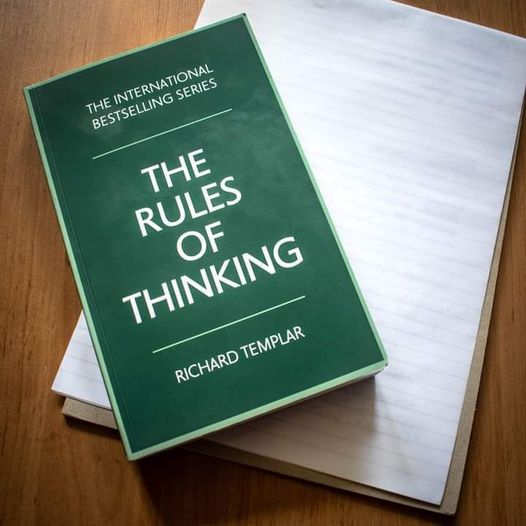This A Personal Code To Think Yourself Smarter, Wiser And Happier by Richard Templar
1. Understand the nature of human thinking. The human mind is a powerful tool, but it is also prone to errors and biases. Understanding how our minds work can help us identify and avoid these errors, leading to more accurate and effective thinking.
2. Develop critical thinking skills. Critical thinking is the ability to analyze information objectively and make reasoned judgments. It is an essential skill for success in any field, as it allows us to evaluate arguments, identify flaws, and draw sound conclusions.
3. Be mindful of cognitive biases. Cognitive biases are mental shortcuts that our brains use to make quick decisions. While these biases can be helpful in some situations, they can also lead to errors in judgment. By becoming aware of our biases, we can make more objective and rational decisions.
4. Avoid common logical fallacies. Logical fallacies are errors in reasoning that can lead to invalid conclusions. By understanding these fallacies, we can avoid making them in our own thinking and identify them in the arguments of others.
5. Cultivate a growth mindset. A growth mindset is the belief that our abilities can be developed through effort and learning. This mindset motivates us to challenge ourselves, persevere in the face of setbacks, and continue to learn and grow.
6. Embrace uncertainty and ambiguity. The world is full of uncertainty and ambiguity, and trying to control everything will only lead to frustration. Instead, we should learn to accept uncertainty and embrace the challenges it presents.
7. Strive for intellectual humility. Intellectual humility is the recognition that we don't know everything and that we are always learning. It is an essential quality for any thinker who wants to grow and improve.




